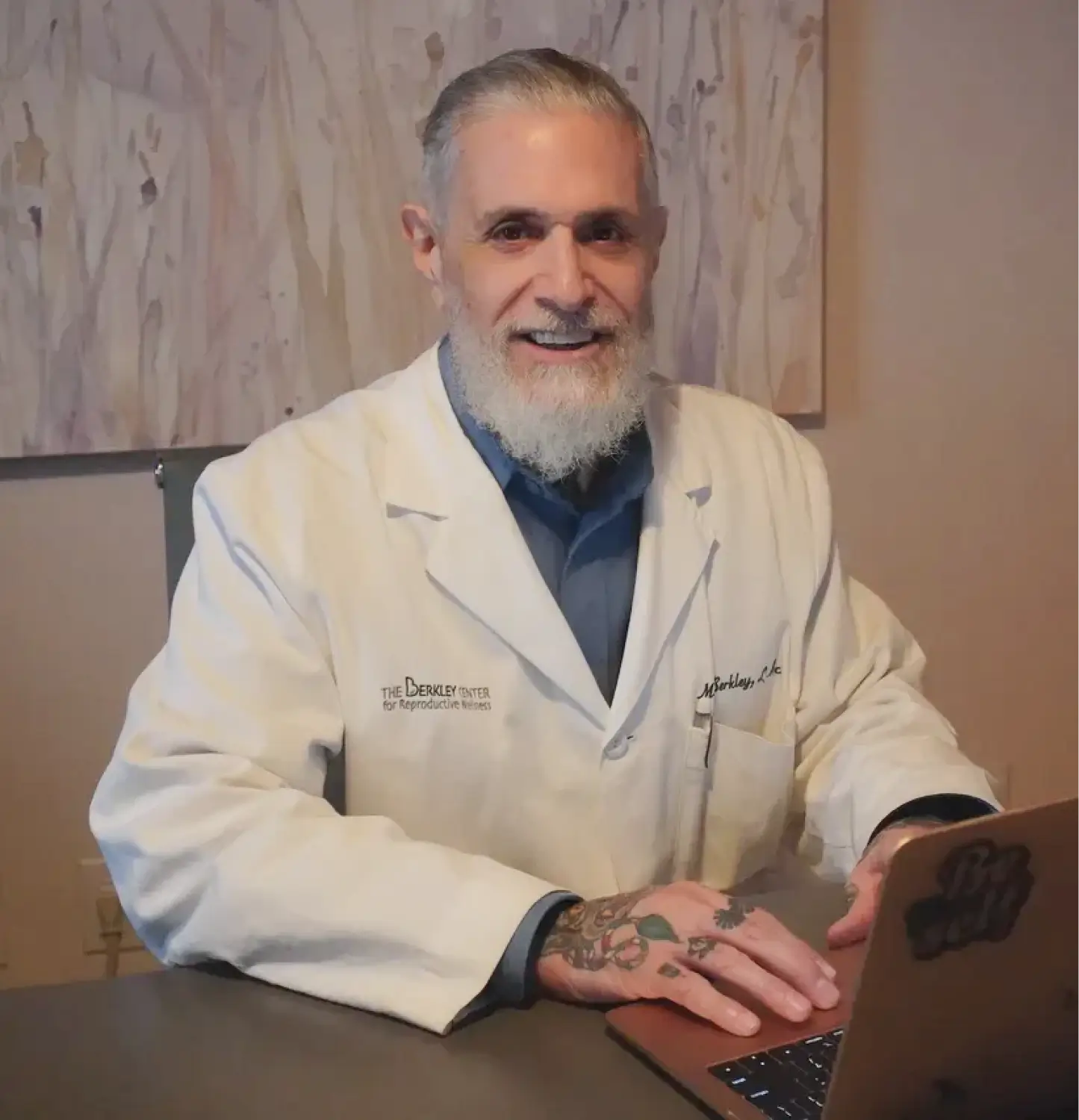Acupuncture has emerged as a promising complementary therapy for improving outcomes in in vitro fertilization (IVF). Research shows it may help reduce ectopic pregnancies and increase pregnancy rates by enhancing fallopian tube function, improving endometrial receptivity, and regulating hormonal balance. While more studies are needed, evidence indicates acupuncture could be a valuable adjunct to IVF for patients seeking to optimize their chances of successful pregnancy.
Acupuncture may help reduce ectopic pregnancies during IVF by improving fallopian tube function in several ways. It can potentially clear obstructions in the tubes, regulate muscle tension to facilitate embryo movement, and enhance fluid secretion necessary for smooth embryo passage. Additionally, acupuncture aims to increase blood flow in the reproductive system, creating a more favorable environment for proper uterine implantation rather than tubal implantation. Studies have indicated lower rates of ectopic pregnancies in IVF patients receiving acupuncture before and after embryo transfer compared to control groups.
Randomized clinical trials have demonstrated that acupuncture performed around the time of embryo transfer can significantly increase pregnancy rates in IVF patients. Meta-analyses suggest acupuncture as an adjunct therapy nearly doubles the odds of achieving a pregnancy compared to no intervention.
This improvement is attributed to acupuncture’s ability to:

Acupuncture’s potential to improve IVF outcomes is believed to stem from its effects on the neuroendocrine system and reproductive organs.
By stimulating specific acupoints, it may modulate the release of neurotransmitters and hormones that regulate fertility. This can lead to improved blood flow to the uterus and ovaries, enhanced endometrial receptivity, and better overall reproductive function.
Additionally, acupuncture has been shown to reduce stress and anxiety levels in IVF patients, which may indirectly contribute to more favorable pregnancy outcomes by mitigating the negative impacts of psychological stress on fertility.
Clinical studies have provided promising evidence for acupuncture’s effects on IVF outcomes, including reducing ectopic pregnancies and improving pregnancy rates:
A systematic review and meta-analysis by Zhou et al. found that acupuncture significantly increased biochemical pregnancy rates (OR 1.98, 95% CI 1.55-2.53) and clinical pregnancy rates (OR 1.70, 95% CI 1.46-1.98) compared to no adjuvant therapy in IVF patients.
Another meta-analysis by Xue et al. reported that acupuncture improved biochemical pregnancy rates (OR 1.42, 95% CI 1.05-1.91) and clinical pregnancy rates (OR 1.43, 95% CI 1.21-1.69) compared to control groups. This study also found a significant increase in live birth rates (OR 1.34, 95% CI 1.07-1.67) with acupuncture.
Regarding ectopic pregnancies specifically, a retrospective study by Liu et al. observed lower ectopic pregnancy rates in IVF patients receiving acupuncture (0.7%) compared to those without acupuncture (1.1%).
A randomized controlled trial by Westergaard et al. found that acupuncture on the day of embryo transfer significantly improved ongoing pregnancy rates compared to no acupuncture (39% vs 26%, p=0.038).
More large-scale, well-designed randomized controlled trials are needed to definitively establish acupuncture’s effects on specific IVF outcomes like ectopic pregnancy rates. However, the existing evidence suggests acupuncture does offer benefits for IVF patients, particularly in improving overall pregnancy rates.
Make sure to contact The Berkley Center for Reproductive Wellness to schedule acupuncture pre and post your embryo transfer in Manhattan, New York.
212-685-0985

Mike Berkley, LAc, FABORM, is a licensed and board-certified acupuncturist and a board-certified herbalist. He is a fertility specialist at The Berkley Center for Reproductive Wellness in the Midtown East neighborhood of Manhattan, New York.
View all posts